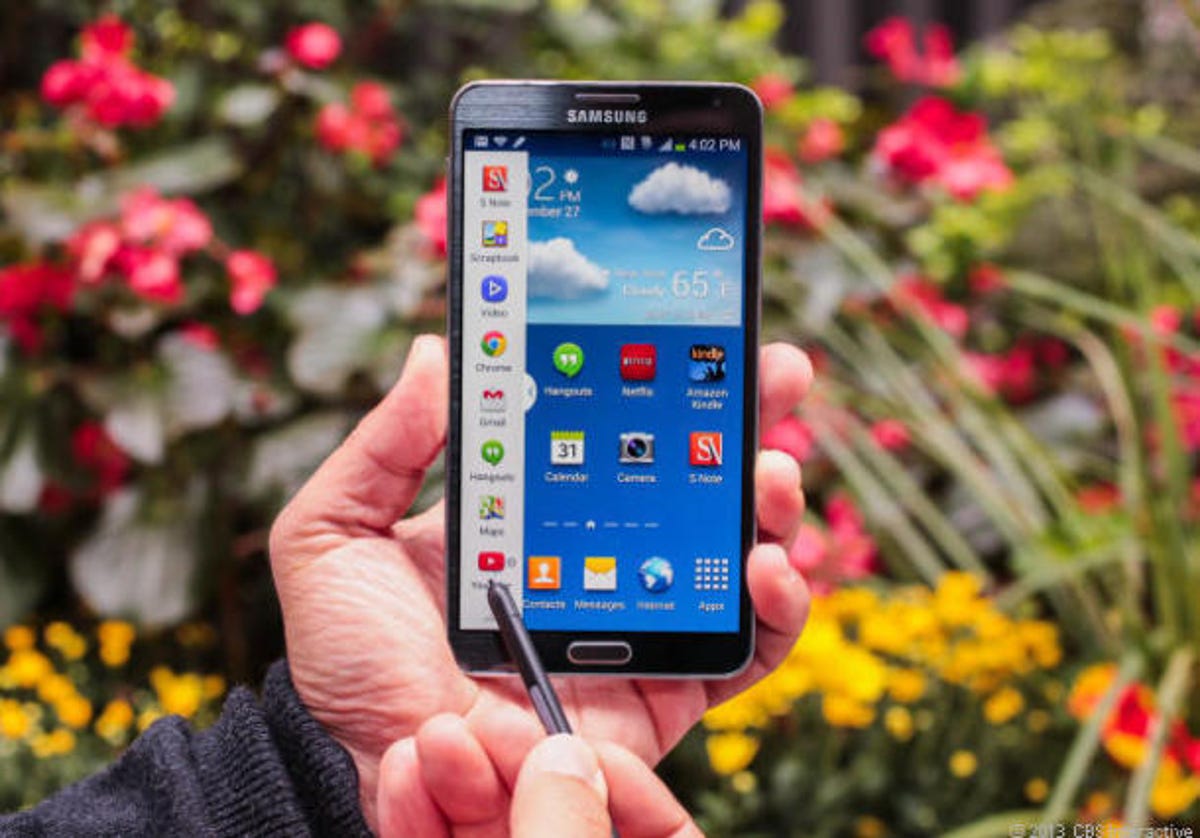
Sarah Tew/CNET
The wireless industry committed to making a number of antitheft measures available for smartphones, a move that some regulators said fell short of fully protecting the devices and their owners.
The CTIA trade group announced on Tuesday its “Smartphone Anti-Theft Voluntary Commitment” program. It promises that a “baseline anti-theft tool” will either come preloaded or be available for download on new models of smartphones made by participating handset manufacturers and sold by participating carriers, which essentially amounts to the entire wireless industry serving US consumers.
The announcement comes as a number of different lawmakers attempt to pass that require smartphones to come with an antitheft measure that allows for the remote disabling of a device, part of a push initially spearheaded by New York Attorney General Eric Schneiderman and San Francisco District Attorney George Gascon. The idea is that thieves are less likely to steal someone’s smartphone if it is unusable. With this voluntary commitment from the CTIA, the wireless industry is instead opting for antitheft measures that are not permanent and require smartphone users to opt in.
Related stories
- Samsung Galaxy S5 comes preloaded with antitheft features for Verizon, US Cellular
- Senators propose smartphone antitheft ‘kill switch’ bill
- Calif., carriers headed for battle over ‘kill switch’ bill
In a joint statement, the two officials applauded the move, but also criticized it for not going far enough.
“While CTIA’s decision to respond to our call for action by announcing a new voluntary commitment to make theft-deterrent features available on smartphones is a welcome step forward, it falls short of what is needed to effectively end the epidemic of smartphone theft,” the statement said. “We strongly urge CTIA and its members to make their antitheft features enabled by default on all devices, rather than relying on consumers to opt-in.”
The wireless industry and, by extension, the CTIA, has been resistant to the idea of a mandated kill switch in smartphones, having expressed concern about the risk of outsiders being able to maliciously and remotely “brick” or disable a phone.
“It’s important different technologies are available so that a ‘trap door’ isn’t created that could be exploited by hackers and criminals,” said CTIA CEO Steve Largent.
The voluntary commitment includes software that will allow an authorized person to wipe the data on a smartphone that is lost or stolen; disable a phone so that it can’t be used without a PIN or password (except for emergency use); prevent reactivation without the owner’s permission, including unauthorized attempts to initiate a factory reset; and reverse the disabled phone if recovered by the owner.
Participants include the four national US carriers, as well as device makers such as Apple, Samsung, HTC, and Motorola, as well as Google, which develops the Android mobile operating system.



